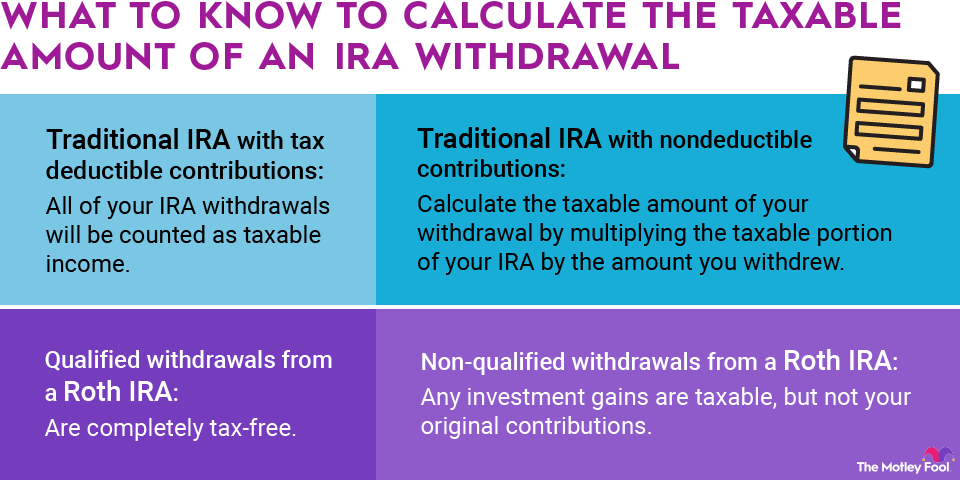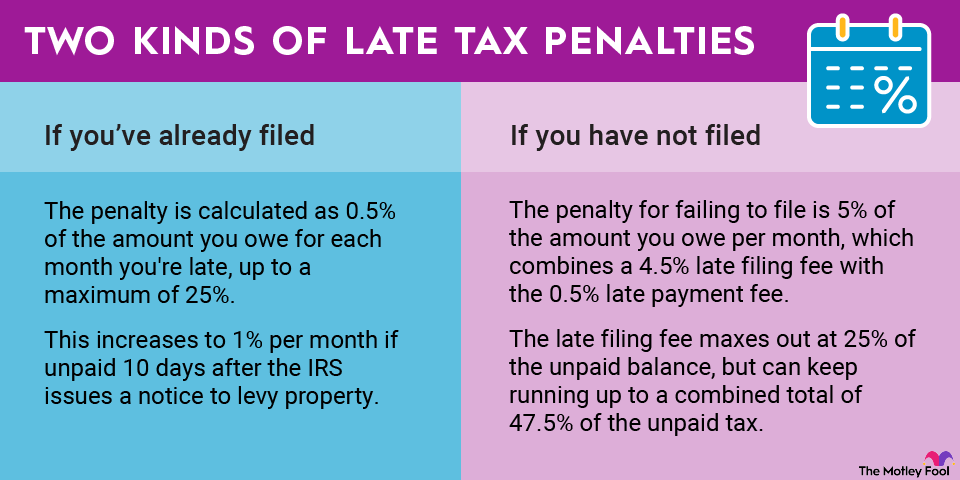One of the benefits of understanding how the income statement and balance sheet work together is that you can figure out missing pieces of information based on numbers elsewhere in the financial statements.
To demonstrate, we can calculate a company's total expenses based on its total revenue from the income statement and its owners' equity from the balance sheet.

How revenue and expenses impact owners' equity
Before we can do the calculation, we must understand how these accounts are related. First, we need a formula to calculate total expenses if we know total revenue and net income. In this case, the total revenue of the company is given to us, but we will have to calculate net income from the owners' equity section of the balance sheet. We'll learn how to do that step a little bit farther down in this post.
To get started, we need to talk about how total revenue, total expenses, and net income are related. When a company records a sale, that dollar amount is recorded as revenue. Over the course of an accounting period, each sale accumulates in the revenue account.
At the same time, the company's expenses related to that revenue generation are also accumulating -- salaries, rent, marketing costs, and other selling, general, or administrative expenses.
At the end of each period, the company reports its net income by subtracting its total expenses from its total revenue. If revenue was greater than expenses, the number is positive and represents a profit. If expenses were greater, then the number is negative and represents a loss.
Therefore, the formula for calculating net income is revenue minus expenses. Rearranging the equation, if we know total revenue and net income, we can calculate total expenses by taking total revenue and subtracting net income. Now, we'll turn to the owners' equity to determine net income.
Figuring out net income from the owners' equity section of the balance sheet
At the end of the period, the company's profit or loss can't just stay on the income statement. The income statement is a summation of the revenue and expenses for a given period. It doesn't show what happened in prior periods or what the company owns or owes.
To reflect how the company's profit or loss impacts what it owns or owes, the accountants must transfer the profit or loss to the balance sheet. In this case, net income transfers to the owners' equity section of the balance sheet. A profit increases owners' equity, and a loss decreases it.
The challenge for us is that there are other factors that can impact the owners' equity section. There are three fundamental considerations -- a profit or loss, a distribution to shareholders like a dividend, or raising new equity capital. Therefore, we must account for each of these situations to accurately calculate the net income for the period.
To do this, we'll look to the company's statement of stockholder's equity on the balance sheet. This will show us the beginning owners' equity, ending owners' equity, and any changes from capital distributions, new capital issuances, and changes from profits or losses.
First, add together the ending owners' equity and any capital distributions to shareholders. Typically, capital distributions will be dividends paid and treasury stock purchased.
Next, take that sum and subtract beginning owners' equity and any new capital raised. New capital will generally be shown as shares issued.
If the result is positive, that amount was the company's profit for the period. If it is negative, that was the company's net loss.
An example to see the calculation in action
Let's assume that a company had total revenue of $1 million, and we found the following information from the owners' equity section of its balance sheet.
SELECT OWNERS' EQUITY ACCOUNTS | AMOUNTS |
|---|---|
Beginning Owners' Equity | $750,000 |
Cash Dividends Paid | $50,000 |
Treasury Stock Purchased | $0 |
Shares Issued | $150,000 |
Ending Owners' Equity | $1,300,000 |
First, we'll calculate the company's net income based on the changes in owners' equity above. Adding ending owners' equity, cash dividends paid, and treasury stock purchased, we get $1,350,000. Subtracting from that the new shares issued and beginning owners' equity, we can conclude that the company's net income for the period was $450,000.
We know the company's total revenue was $1 million, so we can subtract net income from that to calculate the company's total expenses for this period. $1 million minus $450,000 gives us total expenses of $550

















